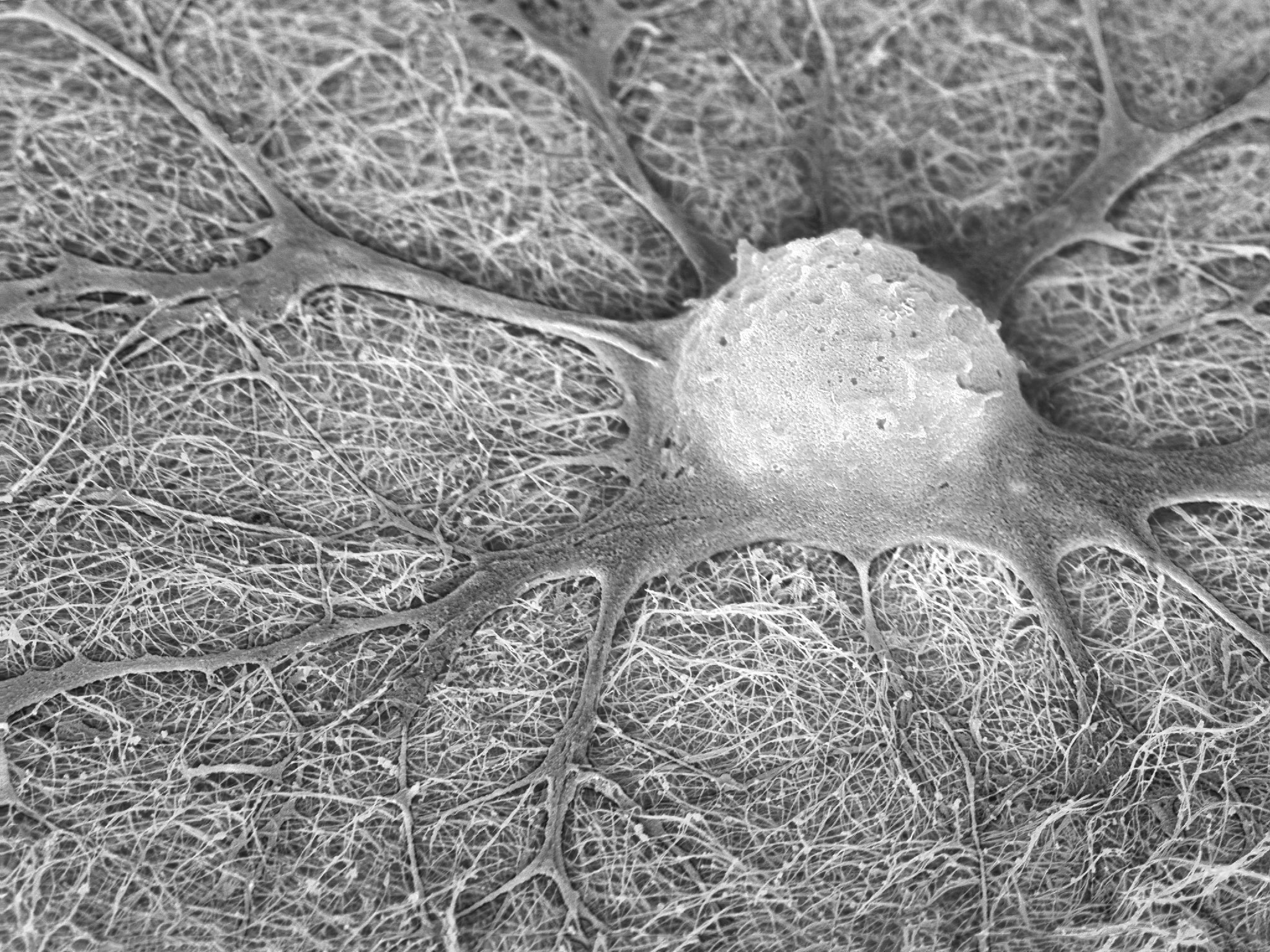ISSCR News

Ninth Circuit Reverses Lower Court, Reinforces FDA’s Authority to Regulate Unproven Stem Cell Products
In an important step to protect the public from unproven stem cell products, the U.S. Court of Appeals for the Ninth Circuit ruled in favor of the U.S. Food and Drug Administration in U.S. v. California Stem Cell Treatment Center, Inc., reversing the district court. The reversal fortifies FDA’s tiered, risk-based framework for the regulation of cell therapies and is consistent with a similar ruling in the Eleventh Circuit in 2021.

Scientists Aim to Decode the Genetic Roots of Mental Illness on a Large Scale
Neurodevelopmental and psychiatric disorders (NPD) including schizophrenia, bipolar disorder, autism, and depression are detrimental to individuals, their families and society as a whole, and in many cases still lack effective treatments. It’s becoming more and more clear that genetic mutations in certain genes can increase the likelihood of developing NPD, and several hundreds of those “risk genes” have been identified to date, but their role related to NPD remains a mystery.

Applications Open for ISSCR Lawrence Goldstein Science Policy Fellowship
The ISSCR is accepting applications through 25 October 2024 for the next class of Lawrence Goldstein Science Policy Fellows. The three-year program offers fellows advocacy and public policy training, the opportunity to participate in ISSCR advocacy events, engagement with leaders in the field, and an ex officio seat on ISSCR’s Public Policy Committee.

Reading Your Biological Age in Your Blood or Saliva? It’s Not as Simple as That
How old are you, really? Your chronological age is the number of years you have been alive. Your biological age is how old your cells are which scientists believe may better assess one’s age-related health and disease risk. A recent study by Konrad Hochedlinger, Rebecca Gorelov and colleagues from Harvard Medical School and Massachusetts General Hospital, USA, aims to shed light on this question, asking how the presence of stem cells within a given tissue or organ impacts its epigenetic clock.

The ISSCR Forms Embryo Models Working Group
Since the ISSCR released its May 2021 update to the Guidelines for Stem Cell Research and Clinical Translation, research with stem cell-based embryo models has evolved rapidly. During the extensive conversations leading up to the 2021 guidelines update, many of the embryo models that are being used today did not exist. The speed of embryo model research has resulted in new challenges for oversight committees, policymakers, funders, and journal editors grappling with how to assess the unique aspects of the science and the associated ethical and regulatory issues.

Receive ISSCR Press Releases
Sign up be a part of ISSCR’s media list. Media Contact: Kym Kilbourne, Director of Media and Strategic Communications
Subscribe to ISSCR News.
Each month, ISSCR delivers scientific, policy, and community to your inbox .
